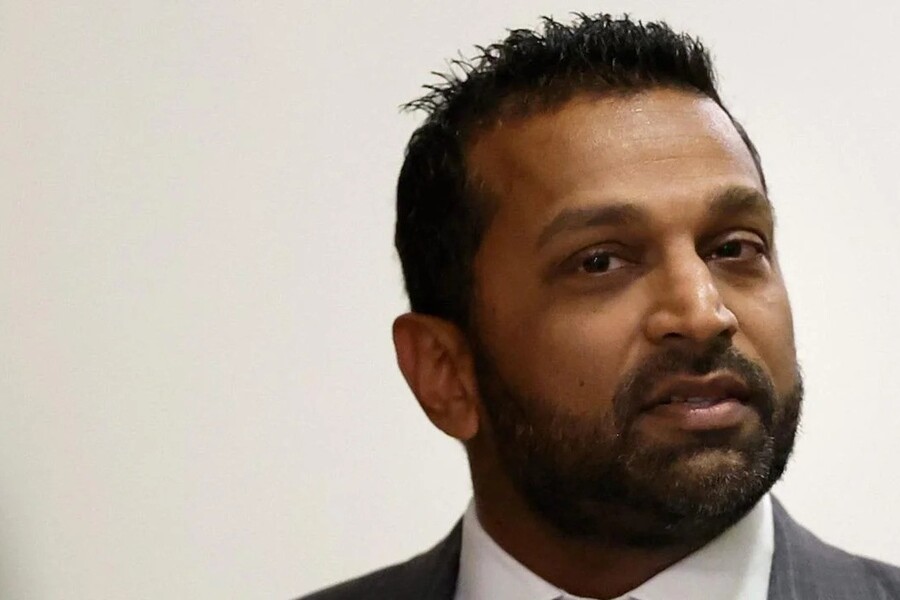As Kash Patel prepares for his high-profile confirmation hearing to become FBI Director, allegations about his handling of sensitive hostage rescue missions have surfaced. A whistleblower from the FBI’s Hostage Recovery Fusion Cell claims Patel breached protocol during critical operations, raising concerns about his judgment and suitability for the role.
The whistleblower, whose identity is protected due to fear of retaliation, accused Patel of prematurely disclosing details of a 2020 operation to rescue Americans held captive by Iranian-backed militants in Yemen. According to a letter from Senator Dick Durbin, the ranking Democrat on the Senate Judiciary Committee, Patel confirmed details of the mission to the press before the hostages were safely in U.S. custody. The Wall Street Journal published Patel’s comments hours before the operation’s success was confirmed, a move that FBI officials involved labeled as reckless and potentially dangerous.
The letter, sent to key administration officials including Acting FBI Director Brian Driscoll and Defense Secretary Pete Hegseth, demands records of Patel’s communications regarding the Yemen operation and any authorization for his statements. Democratic senators argue that such actions jeopardize lives and undermine operational security.
This incident is not Patel’s only controversial involvement in high-stakes operations. In another case in 2020, Patel played a key role in the dramatic rescue of American hostage Philip Walton in Nigeria. Then-Defense Secretary Mark Esper revealed in his memoir that Patel incorrectly assured officials the Nigerian government had granted airspace clearance for the operation. The misinformation nearly derailed the mission, leaving Navy SEALs circling in planes until last-minute approval was secured. While the rescue was ultimately successful, Esper criticized Patel’s handling of the situation, calling it risky and potentially harmful to the SEAL team’s readiness.
Patel has denied these accusations, framing them as politically motivated attacks. In his book, Government Gangsters, he criticized Esper as a “deep-state” actor and defended his role, asserting that President Trump had the ultimate authority to approve such missions.
Supporters of Patel, including Alex Gray, former National Security Council chief of staff, have dismissed the allegations as baseless. Gray praised Patel’s contributions to counterterrorism and hostage recovery efforts, calling him a skilled and professional leader who prioritized American lives.
Democrats on the Senate Judiciary Committee, however, are expected to highlight these controversies during Patel’s confirmation hearing. They aim to portray a pattern of poor judgment and self-promotion that could undermine his leadership of the FBI. Durbin has already announced his opposition, stating, “Kash Patel has neither the experience, the temperament, nor the judgment to lead the FBI.”
Patel’s nomination has divided lawmakers along partisan lines. Republican senators have largely avoided commenting on the allegations, while Democrats argue that Patel’s past actions reflect a lack of respect for protocol and operational safety.
The hearing will likely feature pointed questions about Patel’s role in the Yemen and Nigeria operations. For Democrats, these examples reinforce their broader argument that Patel’s actions, whether motivated by ambition or carelessness, risked lives during critical missions.
Patel’s supporters counter that these criticisms are politically driven, aiming to derail the nomination of a candidate who played a significant role in Trump’s national security successes. They emphasize his track record as a prosecutor and his leadership in counterterrorism operations, framing him as a capable and dedicated public servant.
As the Senate prepares for Patel’s hearing, the debate underscores broader issues of accountability, judgment, and the stakes of leadership in sensitive roles. Patel’s performance in the coming days will determine whether he can address these concerns and win over skeptics.
